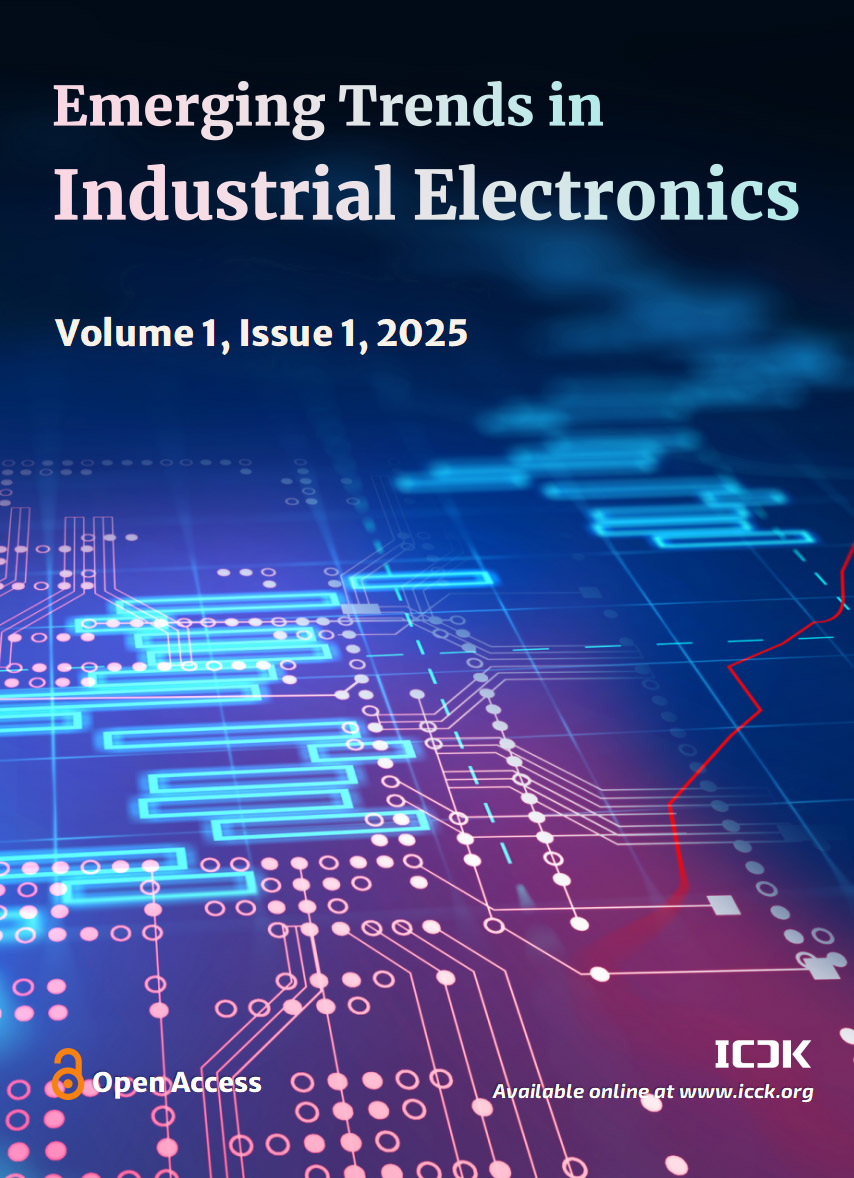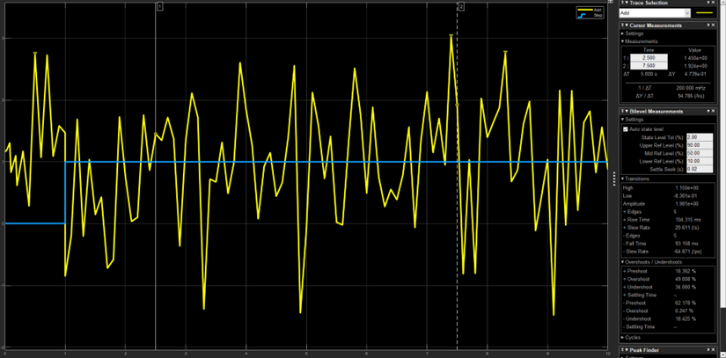Abstract
The system model is crucial for the design of control systems, as it serves as a reference for developing control strategies. An accurate system model is necessary to ensure effective performance. This experiment focuses on designing an online system identification technique based on MATLAB to obtain models for Single Input, Single Output (SISO), Multi Input, Single Output (MISO), and Multi Input, Multi Output (MIMO) systems. The system models were simulated using the 054B-2 DC Motor model for both Order 1 and Order 2 configurations. In control systems, noise is often present, acting as a disturbance that affects the system's output. Noise can cause undesirable effects such as high overshoot, impacting system performance. Therefore, noise was introduced into the SISO, SIMO, MISO, and MIMO systems to observe its impact. The online system identification process was carried out using Simulink, a MATLAB-based tool for modeling and simulation. To optimize control performance, the experiment utilized the Linear Quadratic Regulator (LQR), a widely used optimal control method in fields like industry, robotics, and engineering. The advantage of LQR lies in its ability to provide optimal solutions for system control problems by using the state-space approach. Additionally, the Linear Quadratic Tracking (LQT) method was implemented as an alternative to LQR. LQT is a linear control system that tracks the path specified by the input, ensuring that the output follows a desired trajectory. The results of the experiment demonstrate the effectiveness of these control strategies in handling various system models with noise disturbances.
Data Availability Statement
Data will be made available on request.
Funding
This work was supported without any funding.
Conflicts of Interest
The authors declare no conflicts of interest.
Ethical Approval and Consent to Participate
Not applicable.
Cite This Article
APA Style
Ashlah, M. B., Nugraha, A. T., & Sobhita, R. A. (2025). Optimization of DC Motor 054b-2 Using LQR and LQT Methods in MATLAB. Emerging Trends in Industrial Electronics, 1(1), 9–16. https://doi.org/10.62762/ETIE.2025.458407
Publisher's Note
ICCK stays neutral with regard to jurisdictional claims in published maps and institutional affiliations.
Rights and Permissions

Copyright © 2025 by the Author(s). Published by Institute of Central Computation and Knowledge. This article is an open access article distributed under the terms and conditions of the Creative Commons Attribution (CC BY) license (
https://creativecommons.org/licenses/by/4.0/), which permits use, sharing, adaptation, distribution and reproduction in any medium or format, as long as you give appropriate credit to the original author(s) and the source, provide a link to the Creative Commons licence, and indicate if changes were made.


 Submit Manuscript
Edit a Special Issue
Submit Manuscript
Edit a Special Issue

 Copyright © 2025 by the Author(s). Published by Institute of Central Computation and Knowledge. This article is an open access article distributed under the terms and conditions of the Creative Commons Attribution (CC BY) license (https://creativecommons.org/licenses/by/4.0/), which permits use, sharing, adaptation, distribution and reproduction in any medium or format, as long as you give appropriate credit to the original author(s) and the source, provide a link to the Creative Commons licence, and indicate if changes were made.
Copyright © 2025 by the Author(s). Published by Institute of Central Computation and Knowledge. This article is an open access article distributed under the terms and conditions of the Creative Commons Attribution (CC BY) license (https://creativecommons.org/licenses/by/4.0/), which permits use, sharing, adaptation, distribution and reproduction in any medium or format, as long as you give appropriate credit to the original author(s) and the source, provide a link to the Creative Commons licence, and indicate if changes were made. 